- THE DIGITAL DEN
- Posts
- THE DIGITAL DEN #30
THE DIGITAL DEN #30

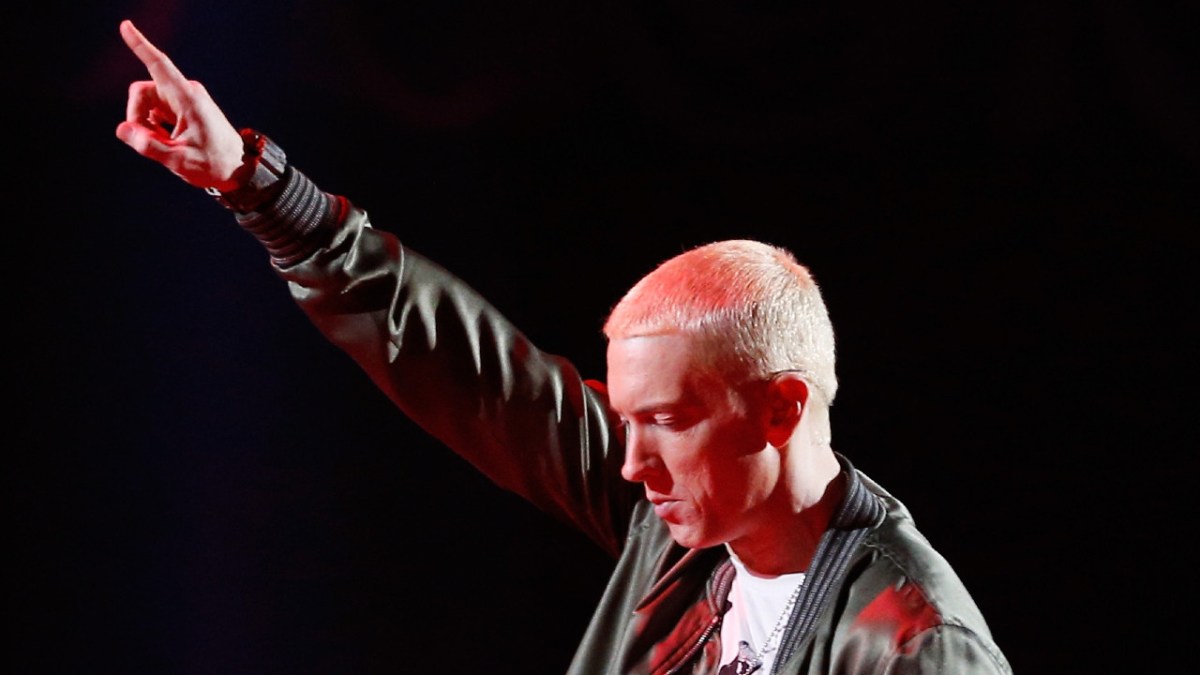
Eminem's new album, The Death of Slim Shady, has managed to clock over 1 billion streams, but let's not pretend it's some groundbreaking achievement. This retro comeback feels more like a desperate scramble for relevance in an industry that’s moved on.
Despite the Grammy nominations and talk of his cameo in an Adam Sandler flick, the fact that he's still clinging to his Slim Shady persona speaks volumes about his unwillingness to evolve. Streaming numbers can be manipulated, and in this age of playlists and fleeting attention spans, what really counts? The sheer audacity of labeling himself "Rap God" while pouring out the same old schtick is almost laughable.
Sure, he’s a commercial powerhouse, but let's be clear: Eminem's glory days are fading, and all this fanfare is just a smoke screen.
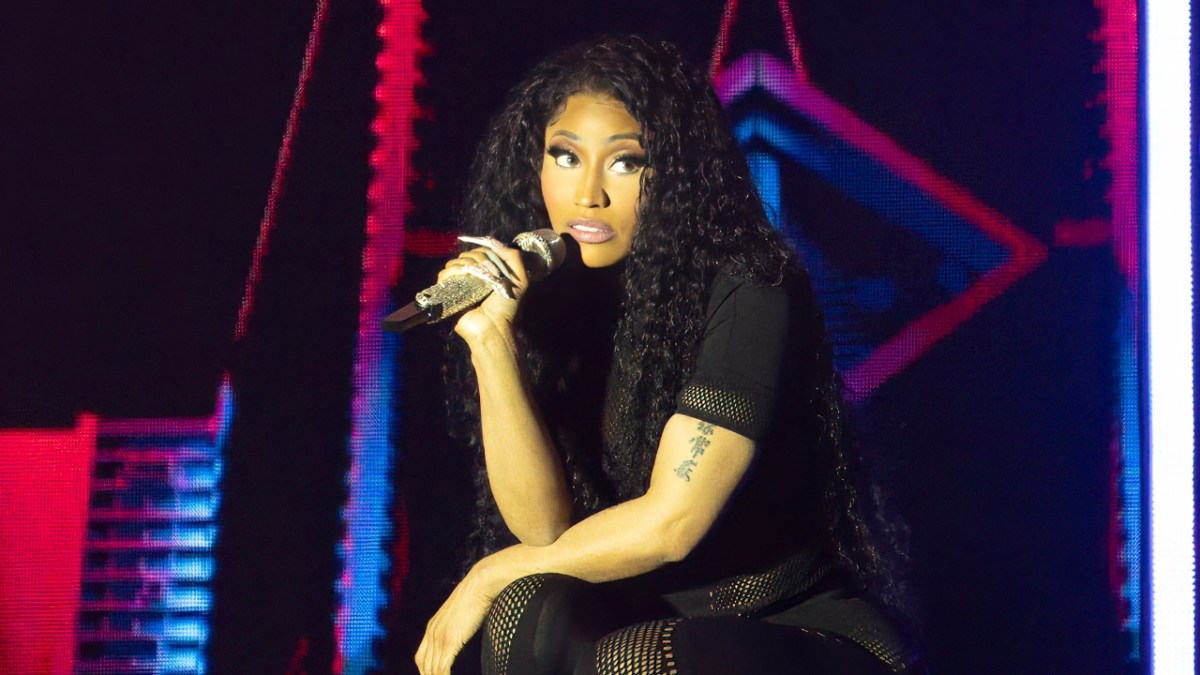
In a glaring display of self-obsession, Nicki Minaj has taken to social media to bemoan her post-pregnancy figure, specifically her breasts, which she claims were "perfect" before motherhood. Sharing a nostalgic text exchange with her husband, she sarcastically lamented that "YOU impregnated my womb," as if the act of having a child was solely to blame for her perceived lost glory.
Meanwhile, Petty’s juvenile affirmations were conveniently publicized to placate her whims, hard to ignore in a culture that reduces women to their physical attributes. It's ironic and somewhat tragic that while Minaj polishes her diamond plaques, her fixation on body image strips her of the empowerment she pretends to endorse.
This moment reeks of superficiality, as the veteran artist grapples with the pressures of beauty standards in a world that both idolizes and vilifies women for their appearances.
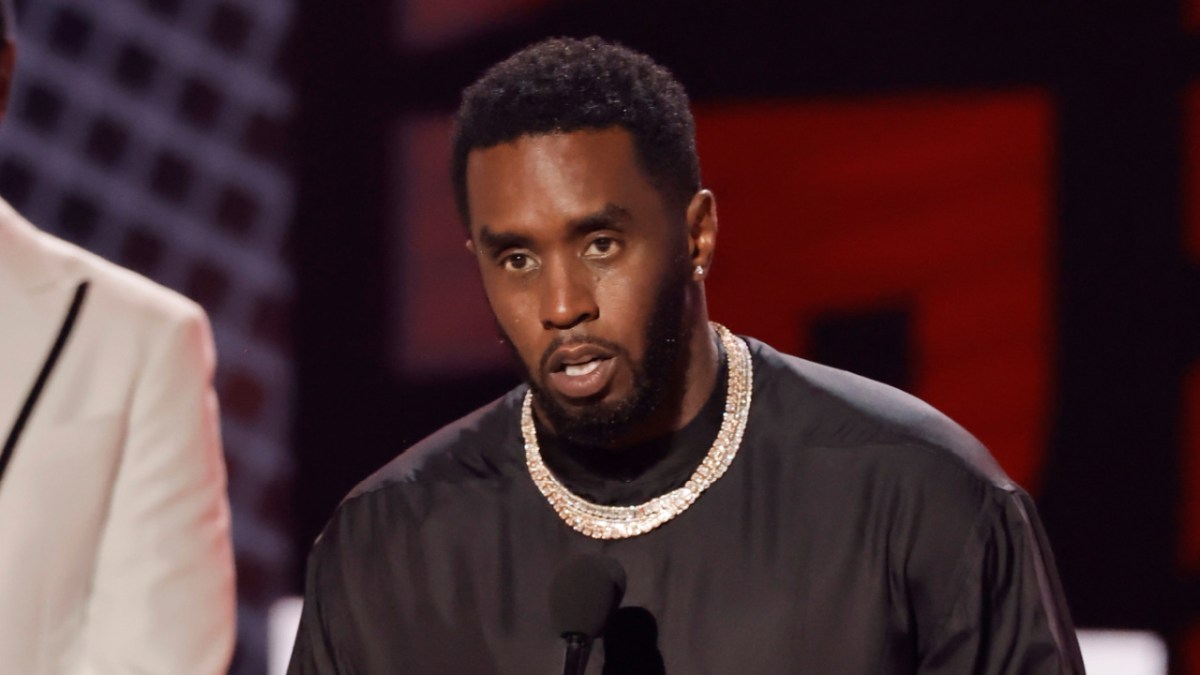
Diddy, the indefatigable music mogul, is at it again—making his fourth plea for bail in a high-profile sex trafficking case that has left many questioning the integrity of the legal system and the power plays at work. As he sat in a New York courtroom surrounded by family, his proposed $50 million bail package, backed by a posh Miami mansion, was deemed inadequate by the judge, who cited concerns over house arrest due to the property’s dock.
Diddy’s attempt to spin the narrative, claiming the edited assault footage presented by prosecutors is a biased misrepresentation, is nothing short of a desperate grasp for freedom.
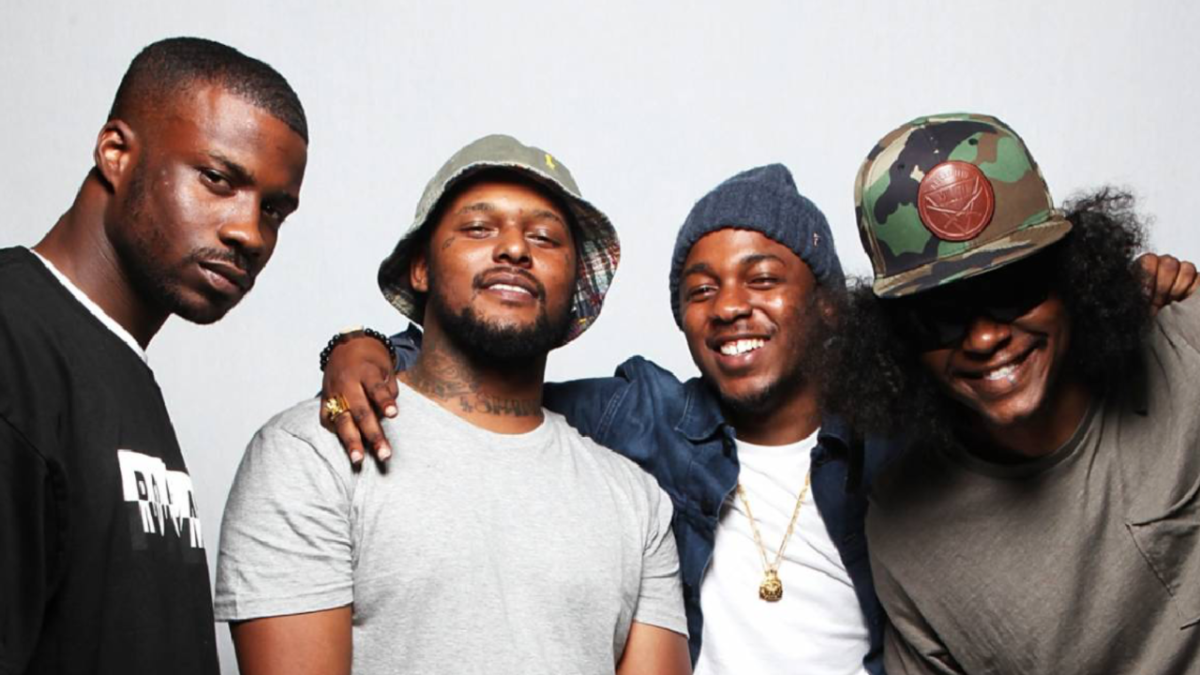
In a stunning admission, Kendrick Lamar has declared himself the scapegoat for the Black Hippy group's failure to release an album. On "Heart Pt.
6," a track from his recent album GNX, he bemoans missed opportunities and laments the group's disbandment, stating his creative pivot is to blame. However, this transparent self-reflection raises an eyebrow—could it be that Lamar is just trying to save face? Meanwhile, ScHoolboy Q is vocal in his dismissal of any Black Hippy reunion, bluntly asserting, “Fuck the culture,” and indicating that the members are keen to pursue their own paths.
As Kendrick plays the blame game, the group's future feels bleak, with fans left wondering if this was merely a nostalgic reckoning or an admission of failure on Lamar's part.

Kendrick Lamar's "Squabble Up" music video is a labyrinthine tribute that attempts to elevate Black culture while simultaneously flexing his artistic superiority. Sure, it’s packed with references that hip-hop aficionados will savor, but does this endless homage serve artistry or merely veer into self-indulgence? From nods to The Roots and Ice-T to avant-garde political imagery, the video winks at history while shoving less informed viewers further out of the loop.
Lamar’s ironic jab in the "How To Be More Like Kendrick For Dummies" moment feels particularly pointed—nothing screams confidence like preaching to a crowd you believe isn't educated enough to keep up. It’s a dazzling yet elitist celebration: an intellectual buffet for the privileged few at the expense of casual fans.
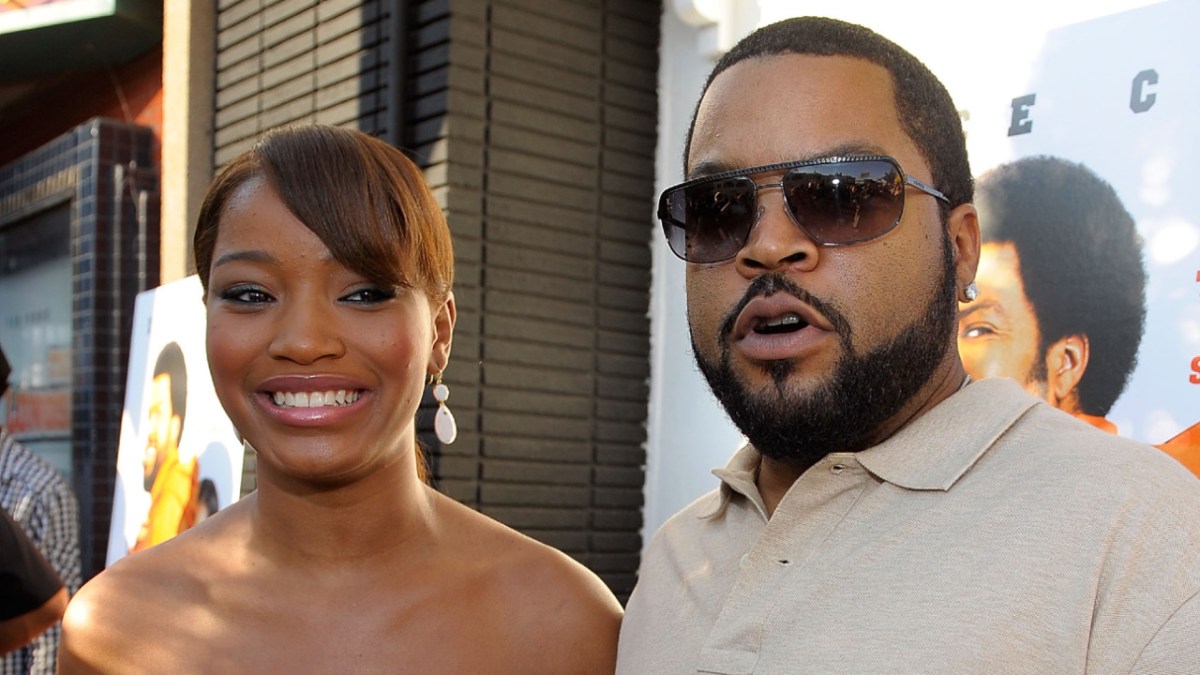
In a recent interview, Keke Palmer opened up about Ice Cube's eerie warning to her as a teen about the predatory nature of men in the entertainment industry. While she shrugged it off back then, the message has haunted her since.
This cautionary tale feels painfully relevant now, especially as Palmer has faced serious allegations of abuse in her turbulent relationship with Darius Jackson. Their public squabbles have unveiled the dark underbelly of Hollywood's abuse culture, where even a seemingly open and friendly workspace can mask sinister intentions.
Ice Cube’s advice rings louder than ever amidst Palmer's shocking revelations of physical violence, suggesting that Hollywood’s hidden dangers are very real and can leave lasting scars. Perhaps if more industry veterans were honest about the threats lurking behind the glitz, we could prevent vulnerable young talents from becoming targets.
Palmer's story is a warning: trust no one in this toxic arena.


In a shocking proclamation, Swizz Beatz has anointed Alicia Keys as the "female Dr. Dre," an audacious comparison that has sparked fierce debate among fans and critics alike.
While promoting an unreleased collaboration between Keys and Meek Mill, Swizz claimed that Keys demonstrates production prowess on par with the iconic Dr. Dre.
But seriously, can we really equate her soulful melodies with Dre's hard-hitting beats? Many argue that this label is not only an oversimplification but also undermines the unique artistry that both musicians represent. Additionally, the couple's recent business ventures, including Alicia's forthcoming tea brand and their coffee table book project, seem to overshadow their musical contributions.
Is this hip-hop's way of fluffing up celebrity partnerships, or is Alicia truly making her mark as a heavyweight producer? Only time will tell, but this controversial claim has certainly ignited a discussion that may redefine her legacy in the industry.
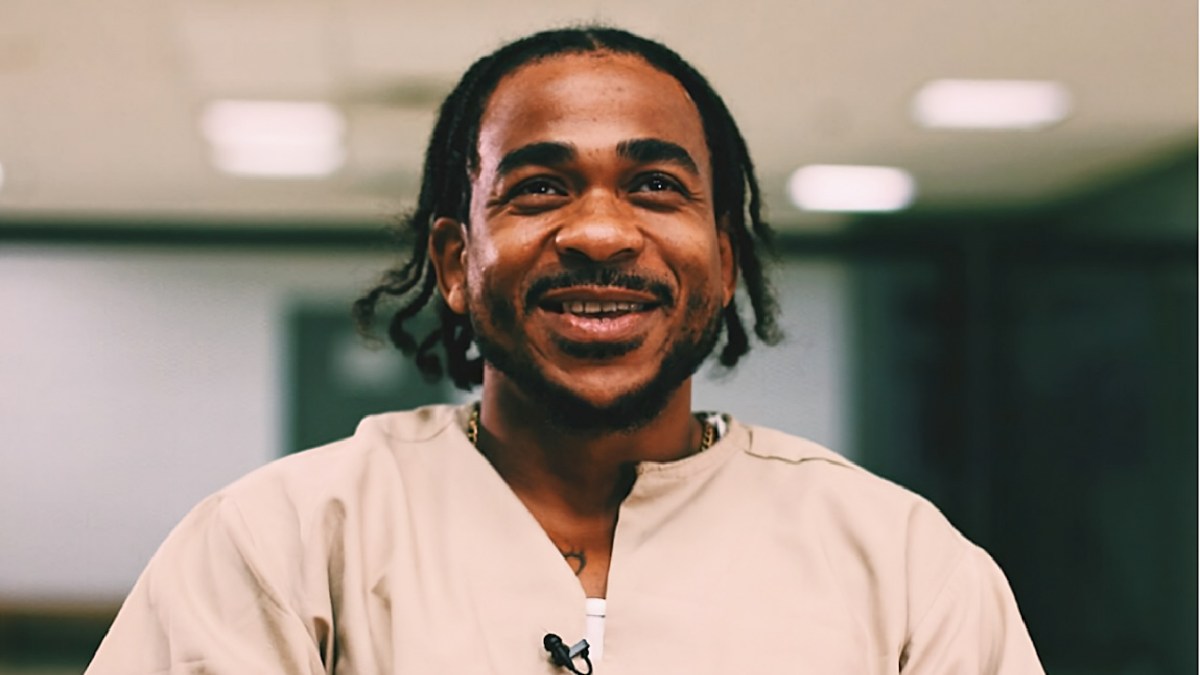
Max B, the infamous Harlem rapper whose criminal activities overshadow his musical talents, will soon release his mixtapes on streaming platforms, just in time for his scheduled prison release in 2025. This controversial move raises questions about the glorification of artists with violent pasts.
Behind bars since 2009 for orchestrating a deadly robbery, his saga is a twisted tale of loyalty and betrayal. While some see this as a triumph for rap culture, others view it as enabling a criminal.
His decision to promote nostalgia with nostalgic mixtapes contradicts the severity of his offenses, sparking debate over ethics in the industry.

Lobos 1707 Tequila's “UnDOMESTICATE” campaign is a desperate stunt that thinly veils its aim to sell premium tequila under the guise of enlightenment. Touting a fictional retreat designed to “reconnect folks with their wild instincts,” the campaign reeks of pretentious marketing normally reserved for overpriced lifestyle brands.
The campaign’s tagline, promising to unleash the “joyful, primal instincts for life,” begs the question: Are we really supposed to believe that pouring a drink will liberate our souls? With the involvement of celebrity figure LeBron James, the whole exercise feels less like a call for authenticity and more like an attempt to capitalize on the disillusionment of a generation. This isn't about finding one's true self—it's slick branding meant to lure in eager buyers looking for a quick thrill.
In a world craving genuine connection, Lobos 1707’s approach feels more like a wolf in sheep's clothing than the bold rebellion it claims to represent.